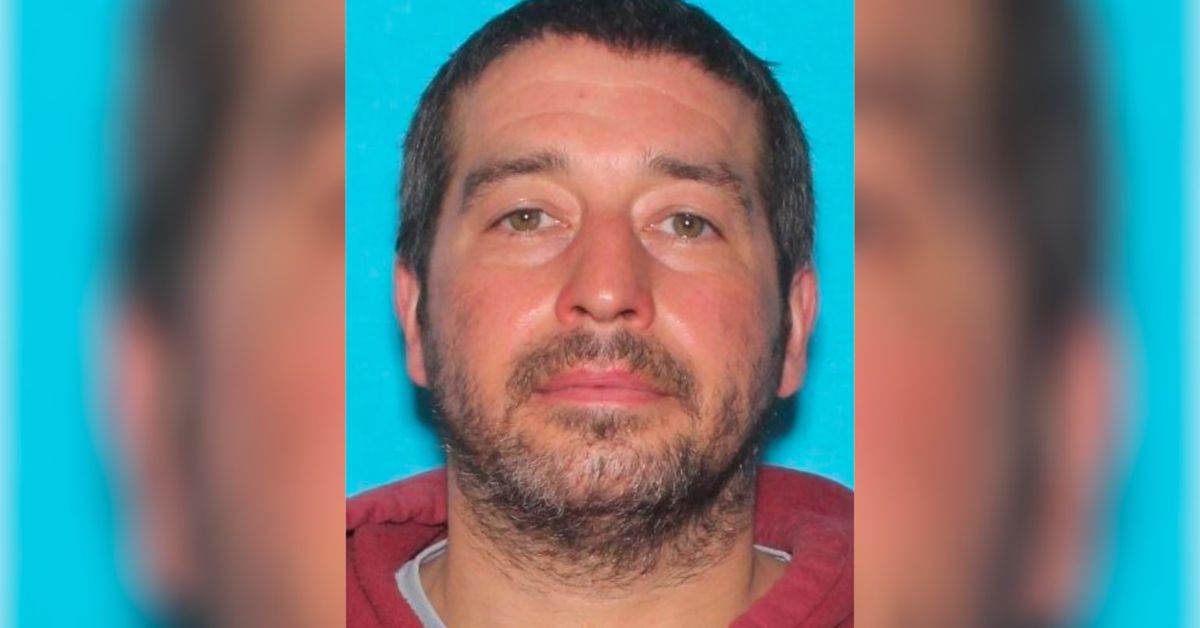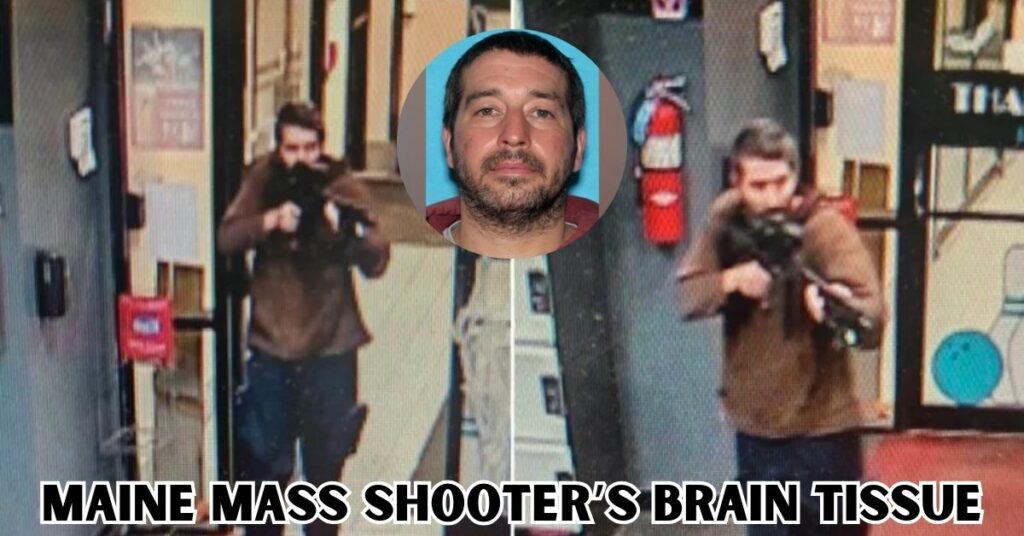Reports from physicians who examined the brain of mass shooter Robert Card, who was released by Card’s family, indicate that Card “likely” suffered from traumatic brain injury. The card was responsible for the shooting death of 18 people in Lewiston, Maine last year.
On Wednesday, Card’s family learned of the findings from the postmortem brain examination that the Boston University CTE Center had performed at the request of the Maine Chief Medical Examiner’s office.
According to doctors at Boston University’s Concussion Legacy Foundation, Card was likely exposed to thousands of low-level bursts during his tenure as an Army hand grenade training range instructor and U.S. Army Reservist.
“Robert Card had evidence of traumatic brain injury. In the white matter, the nerve fibers that allow for communication between different areas of the brain, there was significant degeneration, axonal and myelin loss, inflammation, and small blood vessel injury. There was no evidence of chronic traumatic encephalopathy (CTE),” Dr. Ann McKee, director of the BU CTE Center said in the report.
Chronic traumatic encephalopathy (CTE) develops in the brain as a result of recurrent brain trauma. Significant behavioral changes and dementia are symptoms that are linked to it. A concussion is the most common kind of traumatic brain damage.

“Can cause temporary or short-term problems with normal brain function, including problems with how the person thinks, understands, moves, communicates, and acts,” states the National Institutes of Health, describing the difference between mild and severe brain injuries.
The former may have a short-term impact on the brain, while the latter can lead to bruising, bleeding, or more severe damage.
“These findings align with our previous studies on the effects of blast injury in humans and experimental models. While I cannot say with certainty that these pathological findings underlie Mr. Card’s behavioral changes in the last 10 months of life, based on our previous work, brain injury likely played a role in his symptoms.”
In response to the report’s conclusions, the Army stated on Thursday. “The lab findings included in SFC Card’s autopsy report indicating brain injury are concerning and underscore the Army’s need to do all it can to protect Soldiers against blast-induced injury,” the statement read.
“Currently, OSD and the Army are updating guidance on how to mitigate risks from blast overpressure,” the statement continued. After opening fire at a local tavern and bowling alley on October 25, Card murdered 18 and injured 13, before taking his own life. In an attempt to “help prevent future tragedies” from happening, Card’s family is allowing further brain scans to be done.
The family of David Card expressed their profound remorse for his acts and expressed their “hurting” for the survivors and members of the Lewiston community in a statement released on Wednesday.
“While we cannot go back, we are releasing the findings of Robert’s brain study with the goal of supporting ongoing efforts to learn from this tragedy to ensure it never happens again,” his family said in a statement.
“We know it does not fully explain Robert’s actions, nor is it an excuse for the horrific suffering he caused, but we thank Dr. McKee for helping us understand his brain damage and how it may have impacted his mental health and behavior.”
“By releasing these findings, we hope to raise awareness of traumatic brain injury among military service members, and we encourage more research and support for military service members with traumatic brain injuries. Our hearts remain with the victims, survivors, and their families.”
You can’t go wrong with The California Examiner if you’re seeking current California news.
All of our most recent posts are located here:
- Israeli Gunfire Was the Leading Cause of Injury Among Relief Convoy Casualties!
- A Shooting at a Mississippi Club Killed One Person and Injured Up to 12 More




